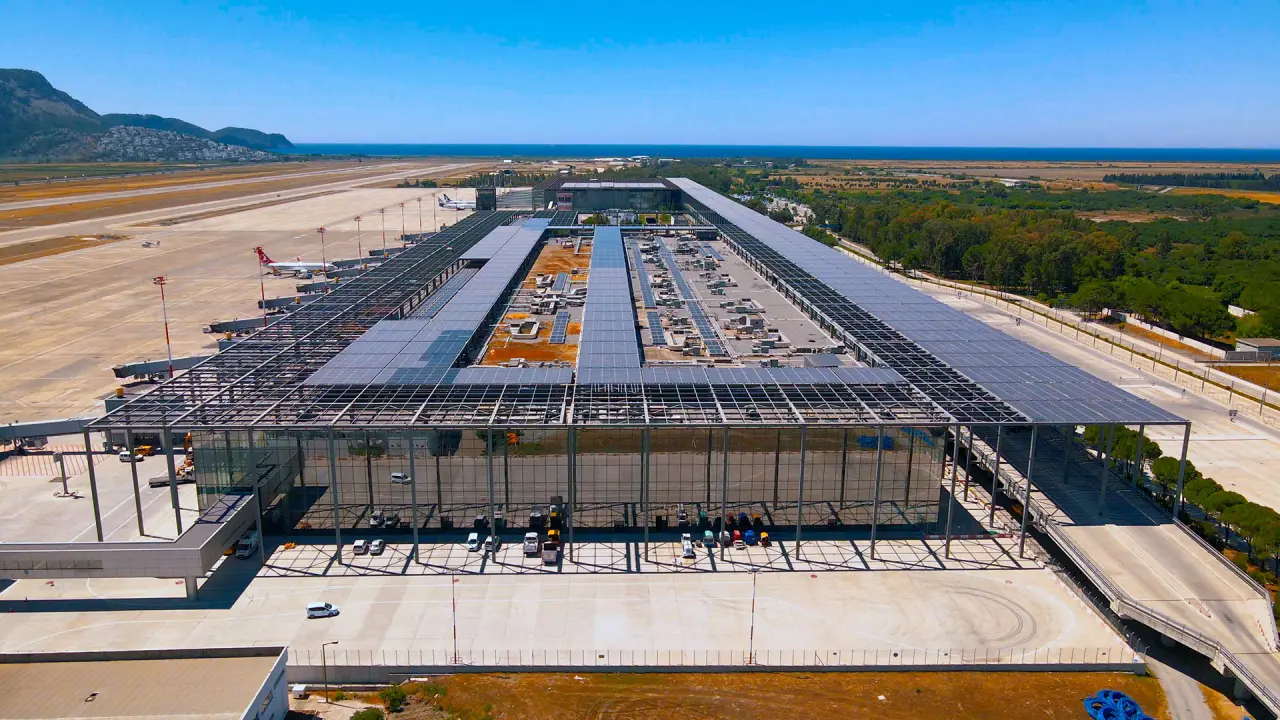The Turkish Ministry of Transport and Infrastructure announced that the completion of the Ankara-İzmir High-Speed Train Project will drastically reduce the distance and travel time between Ankara and İzmir.
The project will reduce the distance from 824 km to 624 km and shorten the travel time from 14 hours to just 3 hours and 30 minutes.
Transport and Infrastructure Minister Abdulkadir Uraloğlu stated, “The project will introduce over 7 million residents in Afyonkarahisar, Uşak, Manisa, and İzmir to high-speed train comfort via 9 stations. Taking into account the interaction with neighboring provinces like Kütahya, the population benefiting from the high-speed train service will increase even further. The train will significantly bring closer İzmir, the country’s third-largest city known for its industry, tourism potential, and port, along with Manisa, Uşak, and Afyonkarahisar on its route, thus expanding the trade volume in the region.”
Uraloğlu also announced that the project, initially planned for completion by 2028, will be finished one year ahead of schedule in 2027.
Additionally, the Minister noted that the travel times between Ankara and Afyonkarahisar, Ankara and Uşak, and Ankara and Manisa will be reduced to 1 hour 40 minutes, 2 hours 10 minutes, and 2 hours 50 minutes, respectively.
Uraloğlu drew attention to the project’s ambitious goals, “Upon completion, the project is expected to carry approximately 13.3 million passengers and 90 million tons of cargo annually. We will construct 49 tunnels spanning 40.7 km, 67 viaducts with a total length of 21.2 km, and 66 bridges. We aim to save approximately 1.1 billion lira annually in terms of time, energy, and maintenance costs with an initial 8 reciprocal daily train services.”
The Ankara-İzmir High-Speed Train Project promises not only to change the dynamics of travel between these key cities but also to significantly boost regional economic activities. (AA)









